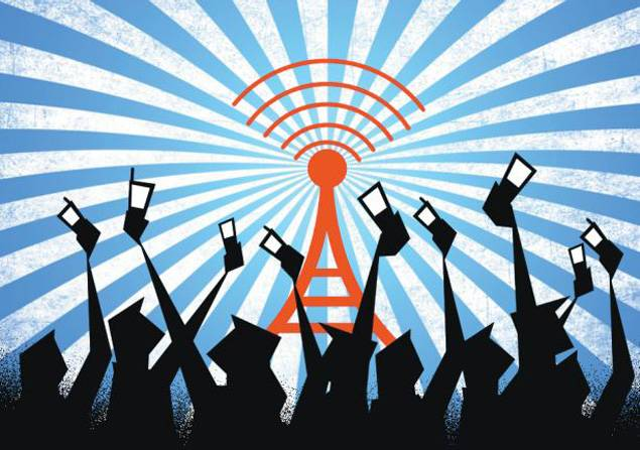
How does internet access improve lives in developing countries?
Internet access can help to improve access to information, opportunities, and services, and can contribute to the overall well-being and development of communities in developing countries. Five examples include:
- Education: Internet access can provide people in developing countries with access to a wealth of educational resources, including online courses, educational videos, and other materials. This can help to improve the quality of education and expand opportunities for learning, especially for people in remote or underserved areas.
- Employment: Internet access can help people in developing countries to find and apply for jobs, as well as connect with potential employers and clients. It can also enable people to start and run their own businesses, providing a source of income and economic opportunities.
- Healthcare: Internet access can provide access to health information and resources, including telemedicine services, which can improve access to healthcare and lead to better health outcomes.
- Communication: Internet access can help people to stay connected with friends and family, and to access news and information from around the world. It can also facilitate the exchange of ideas and facilitate collaboration with others.
- Political participation: Internet access can provide a platform for people to engage in political discourse and participate in the democratic process, helping to promote transparency and accountability in governance.
Modeles d’Entreprises en vue d’Ameliorer l’Access a l’Internet au Mali
La recherche montre que l’amélioration de l’accès aux technologies de l’information et de la communication (TIC) accélère la croissance économique. Au...
Haïtiens, Appliquez au Programme Bati Anfòmatik Teknisyen yo ak Inveneo (BATI)
Jerry Joseph, a Haitian success story
Bati Anfòmatik Teknisyen yo ak Inveneo
Read in English
Inveneo est résolu à traduire les opportunités technologique informatique...
Looking Back on My Experience With 1ViLLAGE in Ghana
I am Jacob B. Odame and today I pursue my educational dreams in the United States. I am taking a break from the roads to rural villages in Ghana. There, I was...
Learn to use Wireless Technology to Extend Internet Access with WirelessU
WirelessU is a group of dedicated professionals working towards a world-wide, people-centered, inclusive Information Society. Their goal is to make it easier for...
How MainOne is Driving Internet Access Competition in West Africa
Competition is good. It not only keeps prices down but also keeps innovation up. For close to a decade, SAT3 (a submarine cable system) was the lone player in the...
The Value of ICT in Humanitarian Relief Efforts
Mark Summer, Inveneo‘s Chief Innovation Officer, also leads our effort to bring needed information and communication technologies to Haiti. As part of Inveneo’s...
10 Signs That Your Computer is Infected with Viruses, Malware, or Trojans
PandaLabs, the anti-malware laboratory of Panda Security, has produced a simple guide to the 10 most common symptoms of infection, to help all users find out if...
BB4NG Broadband for Nigeria Needs Electricity
The Nigeria ICT Forum has a call to action – a call for Broad Band For Nigeria (BB4NG): broadband internet access with speed of at least 4Mbps that is accessible,...
The Dangers and Opportunities of Girls in Cyberspace
“Girls in Cyberspace: Dangers and Opportunities” (PDF) from Plan USA examines both the challenges and empowering possibilities facing girls when accessing...
The Availability of Prepaid Mobile Data Plans in All 53 African Countries
Kevin Donovan and Jonathan Donner believe that prepaid ICT access models are more appropriate for poorer consumers and the availability of prepaid mobile data will...



